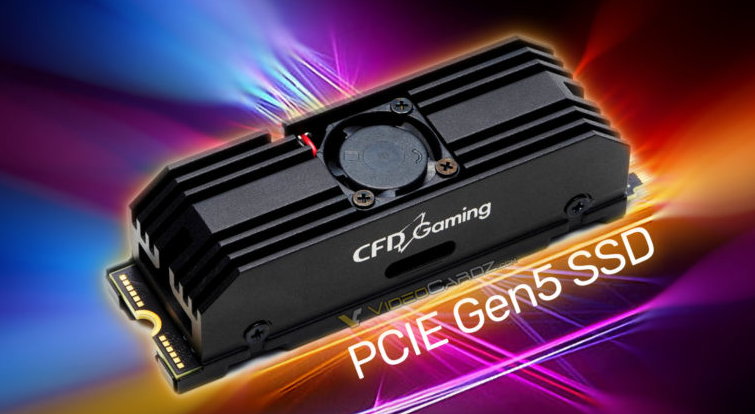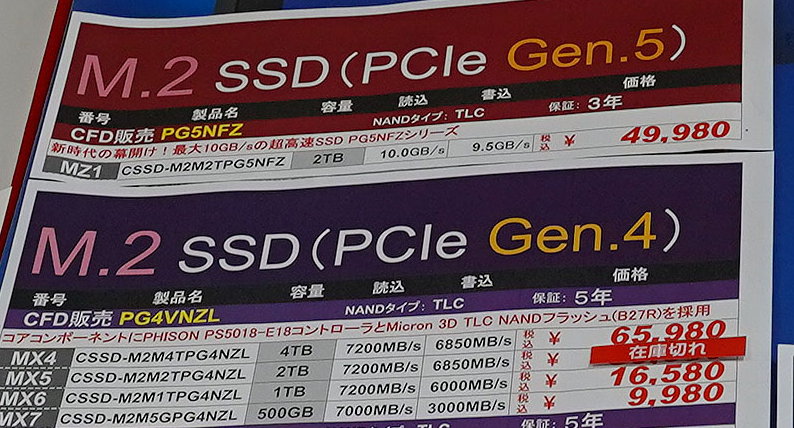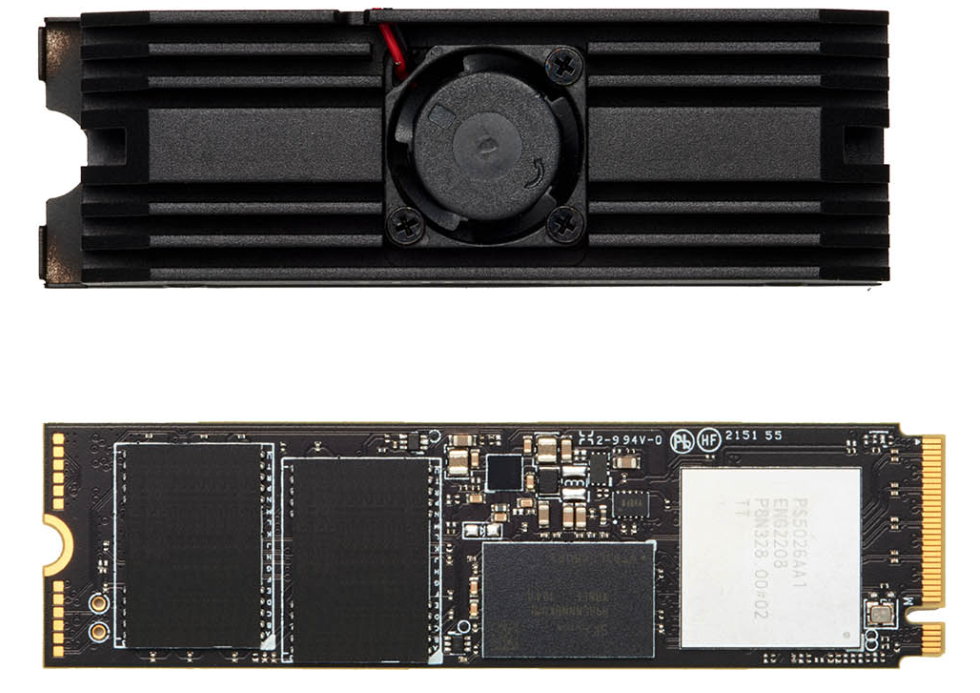The first PCIe Gen5 SSD is now on sale in Japan, but it’s not cheap
- January 30, 2023
- 0
PCIe Gen5 SSDs take performance to the next level in the all-important area of PC storage. If hard drives were a bottleneck in the past, modern SSDs connected
PCIe Gen5 SSDs take performance to the next level in the all-important area of PC storage. If hard drives were a bottleneck in the past, modern SSDs connected

PCIe Gen5 SSDs take performance to the next level in the all-important area of PC storage. If hard drives were a bottleneck in the past, modern SSDs connected to the PCI-Express port offer impressive data transfer speeds.
interface PCI Express 5.0powered by the new Intel Raptor Lake and AMD Ryzen 7000 processor platforms, it will enable new solutions such as graphics cards of the future (next generation from NVIDIA, AMD and Intel) or new SSDs that should already be on the market. , but that was surely shelved for commercial reasons with the sale of the existing Gen4.
The goal is to further improve the performance of internal SSDs. While we’ll have to wait for real improvements, this type of drive will speed up data-intensive workloads, as it will on paper increase data transfer speeds up to 14,000 MB per second both during sequential reading and writing.
Although some models have already been introduced, such as the GIGABYTE AORUS Gen5 we saw at CES, they have not yet been released. A few months ago, regional manufacturer CFD Gaming announced the launch of the first units in Japan, and the first corresponding 2Tbyte version has just gone on sale.

Its selling price gives us clues about what to expect when it comes to international deployment. And we can confirm that there will be a premium to pay for the current Gen4. Something that usually happens with every electronic product that hits the market. In Japan, the first PCIe Gen5 SSD costs ¥49,980, approx 385 dollars. It is almost 30% higher than one of the references in Gen4, the Samsung 990 Pro with the same storage capacity.

Another notable aspect of this unit is its the cooling system. It should be recalled that the M.2 format offers great advantages due to its enormous performance when directly connected to the PCI-Express connector on the motherboard, as well as its compact size, which allows it to be installed on desktop computers and laptops. This level of performance and small size causes an increase in operating temperature that must be controlled.
For this reason, the Gen5 is about to release active cooling for the first time, and in the Japanese model we see a small 20mm fan and a 45 cm cable that connects to the 5V connector on the motherboard for power. Its aluminum cooler is of considerable size, which would not facilitate its installation in laptops.

CFD Gaming explains that active cooling is intended for extreme use cases, such as games and applications that move large amounts of data, and that for less demanding uses, the unit can be mounted without a heatsink or with a smaller one, such as those provided by motherboard manufacturers on their top models. In any case, the user who wants to use this type of units will have to guarantee good air flow. And pay a price premium at least in the launch phase.
Source: Muy Computer
Alice Smith is a seasoned journalist and writer for Div Bracket. She has a keen sense of what’s important and is always on top of the latest trends. Alice provides in-depth coverage of the most talked-about news stories, delivering insightful and thought-provoking articles that keep her readers informed and engaged.